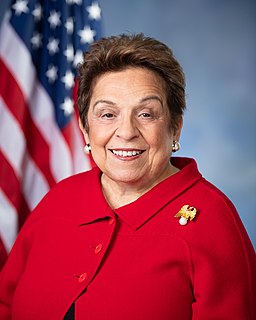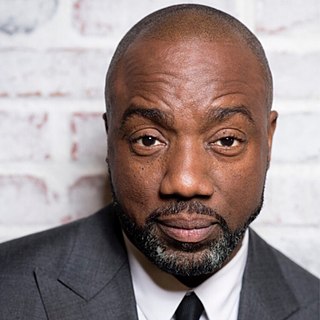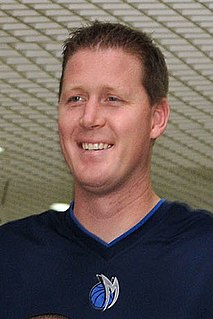A Quote by Donna Shalala
I would argue that we have a generation of young people, particularly minorities, who are no longer putting up with the kinds of things their parents put up with. They're much more self-confident. It's no longer acceptable to make fun of people because of race or sex. But it has always been present in American society.
Related Quotes
We no longer just take religious identity from our parents, so what's going on? Why are people going to this series, why are people reading so many books about religion? It's because they want answers. The answers are no longer just passed down from generation to generation. It's harder for people. In effect, you have to roll up your sleeve and ask the questions. But if you do it, if you forge your own identity, it can be much more personal and much more meaningful to you.
I didn't mind writing incoherently, up until about 1980, occasionally. But after that, I decided, might as well be articulate. And I found, though, that writing poetry affected my prose to the point where I never again wrote in one draft, and my prose just took longer and longer and longer. It took longer and longer to come up with an acceptable text. And that's probably one of the reasons that my output has slowed down.
That's why every society on the planet has very definite rules, ideas about how sex should be regulated, how sex should be expressed, what's okay, what's not okay. And I guess we do live in a place, and have for a long time, where there's more openness and there's more willingness to tolerate different kinds of behavior, but with that comes people creating other rules and other kinds of controls. It's always going to be a question of what's acceptable and what isn't and what's the danger point and what rouses people's contempt and what people are allowed to get away with.
Any comprehensive doctrine, religious or secular, can be introduced into any political argument at any time, but I argue that people who do this should also present what they believe are public reasons for their argument. So their opinion is no longer just that of one particular party, but an opinion that all members of a society might reasonably agree to, not necessarily that they would agree to. What's important is that people give the kinds of reasons that can be understood and appraised apart from their particular comprehensive doctrines.
I think we're at a really unique moment right now because the American people are waking up to the fact that it is a race to the bottom between these two corporate parties that are sending jobs overseas, putting downward pressure on wages, starving people out of healthcare, locking an entire generation into unpayable predatory student loan debt.
I'm first generation American, and my parents were both from Nigeria. And so I always say that I'm literally an African American. So my last name is Famuyiwa, it's different. And so that was a part of my experience from people not being able to pronounce it to not sort of having sort of a shared, common history with a lot of the kids that I was growing up with because my parents were from Africa.
I wrote the first draft of the New People quickly but it had been percolating a lot longer. It's a hard question to answer because I'd been working on another novel for years and when I gave up on that, this one came very easily. But I think the work had been going on a lot longer than the actual writing.
A lot of the things I do deal with my race, but my race is who I am. I'm an American kid who grew up listening to predominantly hip-hop. I will talk about hip-hop as the music I grew up listening to, and I think sometimes people like to put it as, 'Oh, well, he's talking about black things.' And, yeah, they are, but that's my American identity.




































